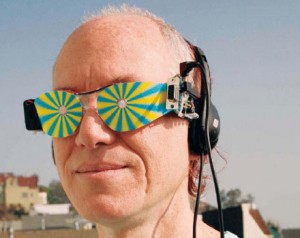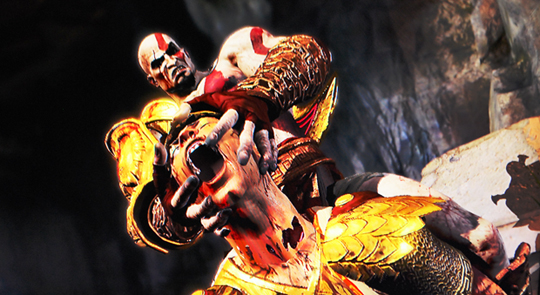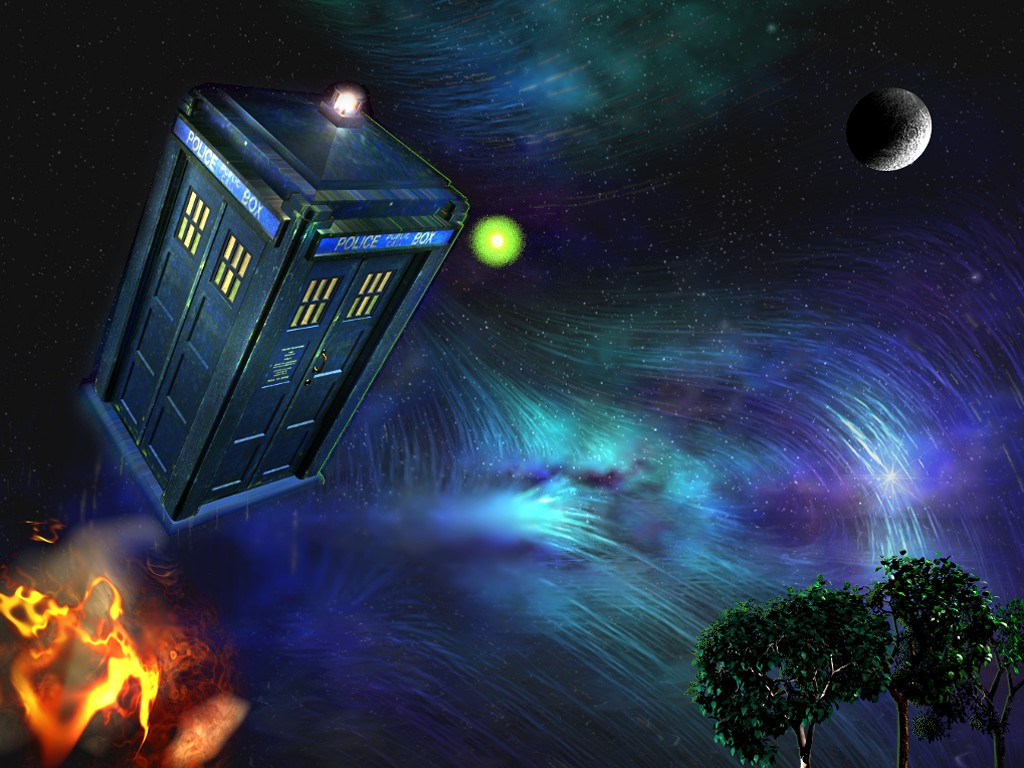
Virtual Boy, Dual Shock, The Wii, The Move, The Kinect. All of these products and ideas, and many more besides, strive to accomplish one common goal: Immersion. They seek to make the player feel more interactive with the video game they are playing, somehow circumventing the distant relationship of controller and screen, and moving us into a more interactive game world.
Some products have been fairly successful, or at least popular… others, well, not so much. But despite this success, games can only really interact with us via two senses: sight and sound (Unless you’re like Q and you have a game-activated vibrator). Even the once vaunted ‘Virtual Reality’ still only worked with the two senses, I don’t care what Lawnmower Man said.
As we seek new ways to make games feel fresh and different, and make our players feel more alive in them, how else can game companies, realistically, engage more of our senses?
SMELL
The olfactory senses are extremely complex and sensitive, and linked directly into our memory systems. It is their sensitivity that accounts for much of our sense of taste, actually. However, this sense is also pretty easy to manipulate.
How could a video game system access it? Well, luckily there are many chemicals that food companies are using to

flavor our food. The same principles apply to perfumes. We can replicate just about anything via chemicals, so a Banana could taste like Bell Pepper, with the proper injections. This is great, since we’ll all be eating Soylent Green in a few generations. In the meantime, maybe game companies could find a way to put little chemical storage space on the top of the system. When the game tells the system to emit a certain smell, it creates a mixture of the right group of chemicals, sprays it into the air and, PRESTO! Your room smells like the game environment. While the chemical group would have to be limited for size constraints, you could still fit a vast array of game smells into one chemical cartridge, covering all the basic game smells: rain, fresh forest air, and explosions.
The upside to this addition would be the sheer awesomeness of games like Cooking Mama. The Zelda series could probably think of some pretty creative uses of this function, having players track down certain flowers for potions by scent, or having a wolf-form Link actually track a human scent.
The downside would be all of the game villains. While sun-swept fields and roaring camp fires would be great to smell, rotting zombies the flames of hades would just get stuck in your nostrils for days.
TASTE
Similar to smell, the two are linked, after all, taste would be easily manipulated by a clever application of chemicals. In theory, this sense would be used the least, as characters in games rarely sit and eat in any way applicable to gameplay. Sure, Simon Belmont gets health from Turkey Legs and Pot Roasts, but he seems to just absorb them into his body like a giant amoeba, rather than taste them.

Just imagine, though, a game where you have to test a drink for poison by tasting a drop of it, and trying to recognize its peculiar almost flavor. Or how about a game that rewards you with a unique golden fruit for solving a puzzle, of which the player may now partake? This sense is probably the least utilized in the game world, and its easy to see why. Stopping to eat isn’t really part of the ‘action’ experience we come to expect in our games. But if we’re clever, there could be some cool uses for this sense.
How would a game implement this sense? This would be similar to the chemical pack that Smell would use, but it would have to be able to fit in your mouth, over your tongue. I’m thinking a wireless oral peripheral that releases a chemical upon command from the game machine. It’d be inconvenient to keep it in your mouth the whole time, so the system would have to give you a prompt to get ready for a taste.
TOUCH
By far, this is the most difficult sense for a game to realize. Attempts have been made to reach out and touch gamers in the past. The infamous vibrator, Dual Shock controllers, that vibrating vest the PSX had back in the day, they all try to jar you, give some sort of tactile feedback. Ultimately, though, the sense from the buzzing controller does little to simulate the feeling that’s being represented on screen. We can’t feel the wind on our faces, or the hot spurt of blood from a freshly fallen foe. We’re not afraid of taking wounds, nor do we derive pleasure from Princess Peach’s kiss.

The issue is that there’s just too many types of sensory input to possibly program into a device. Rocks, water, pleasure, pain, the sensation of falling, there’s just too much going on. Dual Shock and others like it worked as well as it did only because explosions and death are a part of every game and it fit in a very general sense. But how would a game like Heavy Rain, which could easily incorporate tactile sensation into some devious new puzzles, be able to become so interactive?
How could it be implemented into a game? Nothing short of a full-body electrode suit that was fine-tuned to all of the nerves in, and under, your skin. Properly calibrated electric pulses could fool your body into feeling pretty much any type of stimuli the game programmers could think of. Now, if only we had a few billion dollars and a team of advanced biological and electrical engineers to develop this new game suit. That’s worth it.
The down side to this would be pain. Whenever our character got shot, it now might be horrendous to play through.

Gamers would gain a new-found fear of bullets and enemies, keeping out of harm’s way as much as possible. The upside, though, would be to play a game as Superman, and feel the thuds of flying bullets as they fall harmlessly away from your chest.
Also, porn, surely.
ESP
I’ll have to get back to you on that one…
The remaining senses are abstracts. For instance, games already access our mind, our patterns of thought and intellect with their puzzles and reflex building… is thought a sense or a dimension? I guess it depends on your brand of synesthesia.
Also, perhaps most importantly, our emotions are engaged by games when they’re properly done. We become angry or joyous, even grief stricken, by the best of games. Admittedly, some games still need a bit of work in that department.
What else do we need? How about depth? Can we ever really look around us, and feel like we’re in an unbroken world? The ideal was shown to us in Star Trek: The Next Generation when we saw their solid-light holodeck. We have 3-D TVs now but… well frankly, they’re lacking. While the images seem to pop, the glasses suck, and the image is still obviously protruding from a 52″ screen. What we need is something a bit more like Fahrenheit 451, with four walls enclosing the viewer of the TV, projecting a 3-D world in all sides around them. Of course, we’d have to play on a giant trackball, in order to be able to walk in this digital world.
And what else is there? Time? Maybe we can break through the 4th dimension, and one day we’ll be able to play a game that actually transports us to another time, another world… or maybe it will alter our age instead, making us into the age of the character in question?
I understand that Playstation actually made a real working Time Machine for one of their games, but someone immediately stole it, went back in time, and destroyed the Playstation Timeline Network before it was even launched. Jerks!!

